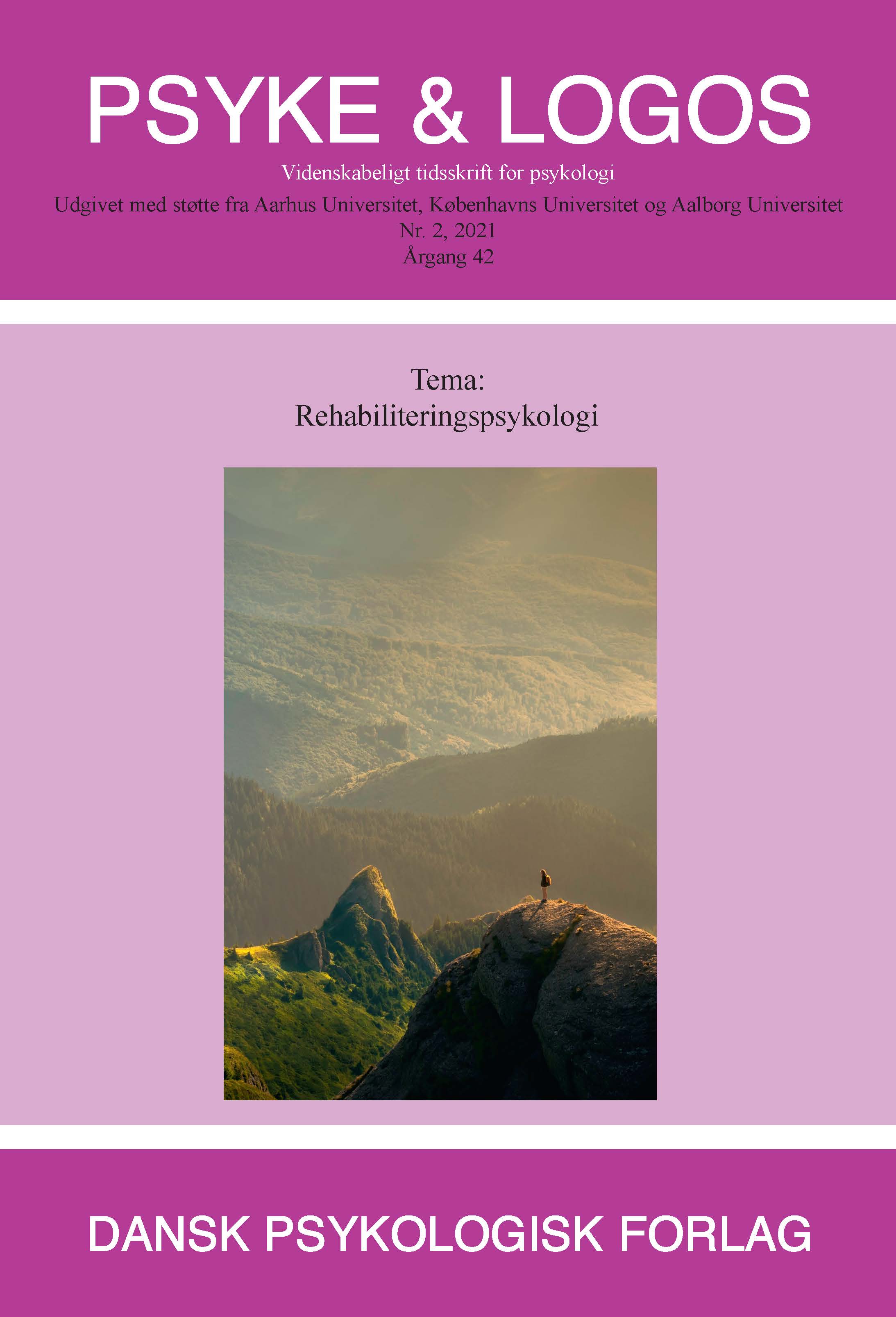Return to work and identity reconstruction following an acquired brain injury
DOI:
https://doi.org/10.7146/pl.v42i2.131100Keywords:
rehabilitation, acquired brain injury, identity, return to work, narrativesAbstract
This article examines identity reconstruction in four people who have returned to work following an acquired brain injury (ABI). Semi-structured interviews collected the participants’ narratives, and a narrative analysis was performed. The analysis concludes that returning to work is of great importance for identity reconstruction following an acquired brain injury. The person with ABI is confronted with being able to do less than before, which leads to mental discomfort and grief over the loss of functions and identity. This is followed by a period of reorientation and identity reconstruction. The analysis shows how returning to work, on the one hand, contributes to the disease stepping into the background and becoming a minor component of the person’s identity because work contributes to social belonging, meaning in everyday life, etc. On the other hand, stigma is a central problem in accessing, retaining and changing jobs after ABI, and the resulting self-stigma complicates identity reconstruction and the development of positive selfnarratives. The analysis thus shows that reconstruction of identity is not only a personal matter but is created under the influence of contextual and relational practices in the surrounding society. We conclude that in relation to the rehabilitation of people with ABI, efforts must be made that aim to support identity reconstruction, including in connection with returning to work.
Downloads
Published
How to Cite
Issue
Section
License
Ophavsret er tidsskriftets og forfatternes. Det er gældende praksis, at artikler publiceret i Psyke & Logos, som efterfølgende oversættes til andet sprog, af forfatteren frit kan publiceres i internationale tidsskrifter, dog således at det ved reference fremgår, at den oversatte artikel har et forlæg i en dansksproget version i Psyke & Logos. Artikler kan frit deles og linkes til på forsknings- og undervisningsnetværk (så som Blackboard). Link foretrækkes, fordi det giver oplysning om brug af tidsskriftets artikler.




